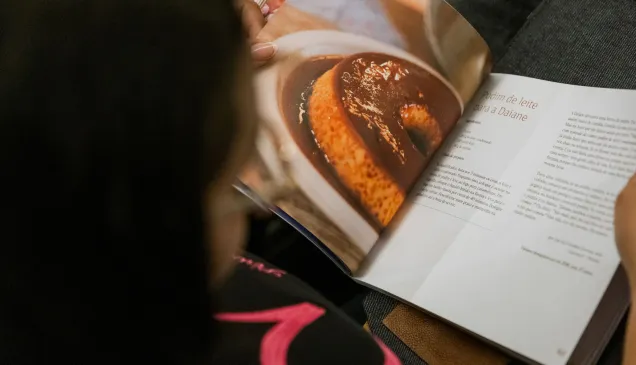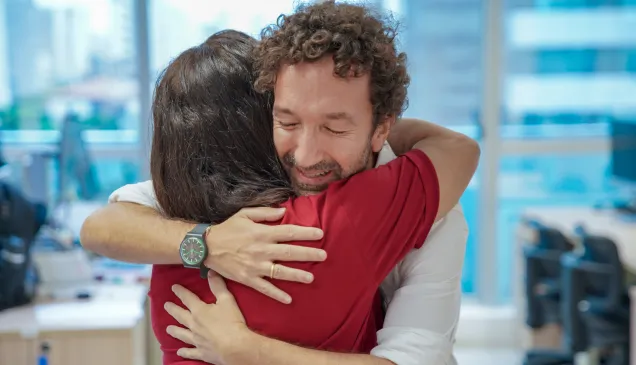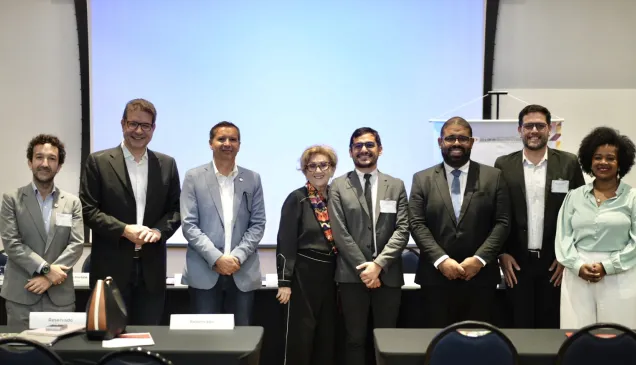"Behind the Masks": Photobook on the challenges that essential workers face in the pandemic
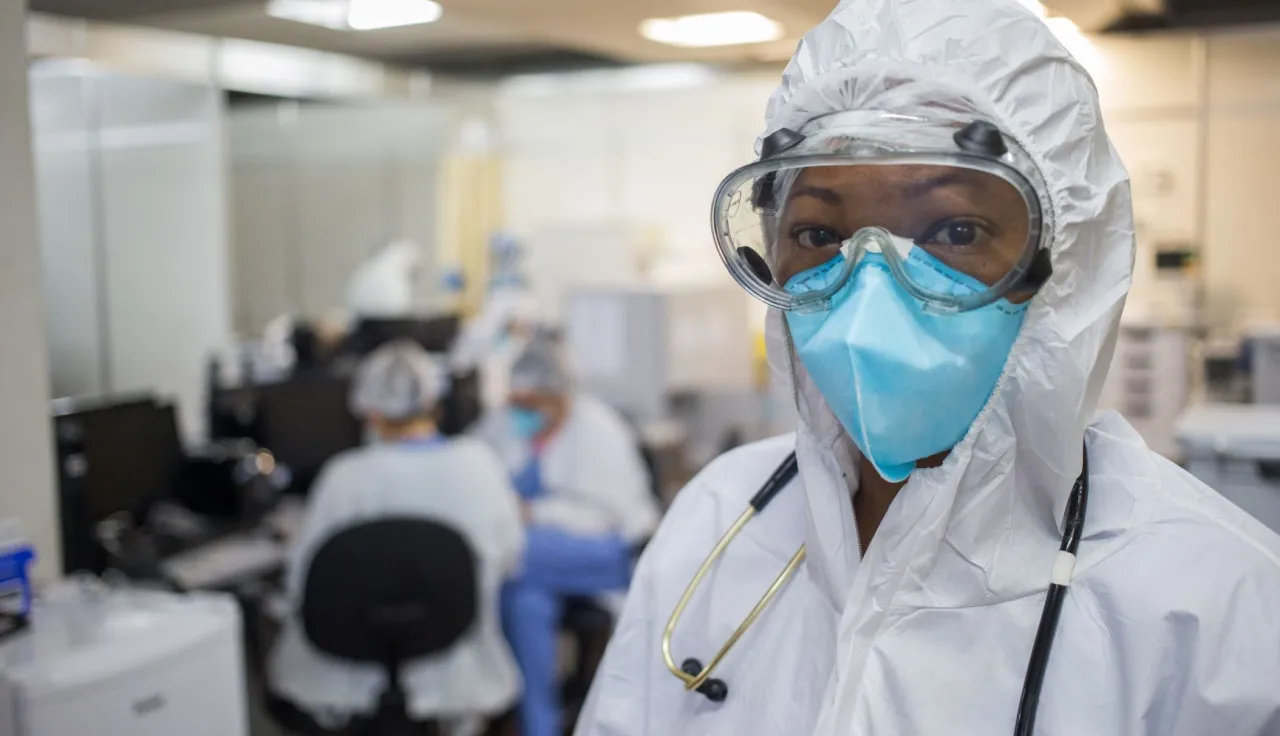
Brazil was headed for the peak in its first wave of cases and deaths from COVID-19 in 2020 when the International Committee of the Red Cross (ICRC) gave photographers and journalists in three Brazilian cities the task of documenting the daily lives of the pandemic’s first-line responders. What they found behind the masks of these workers, whether in Duque de Caxias in the suburbs of Rio de Janeiro or in Fortaleza or São Paolo, was humanity.
These people are the focus of the book Behind the Masks, a story about the challenges that essential workers face in these difficult times. More than capturing a moment in time, it pulls back the curtain on the lives and worries of these professionals. The book is part of the ICRC's campaign Valorize o Essencial, which is about fostering respect for essential public services and their providers.
DOWNLOAD THE PHOTOBOOK BEHIND THE MASKS HERE
Stories of workers on the front lines
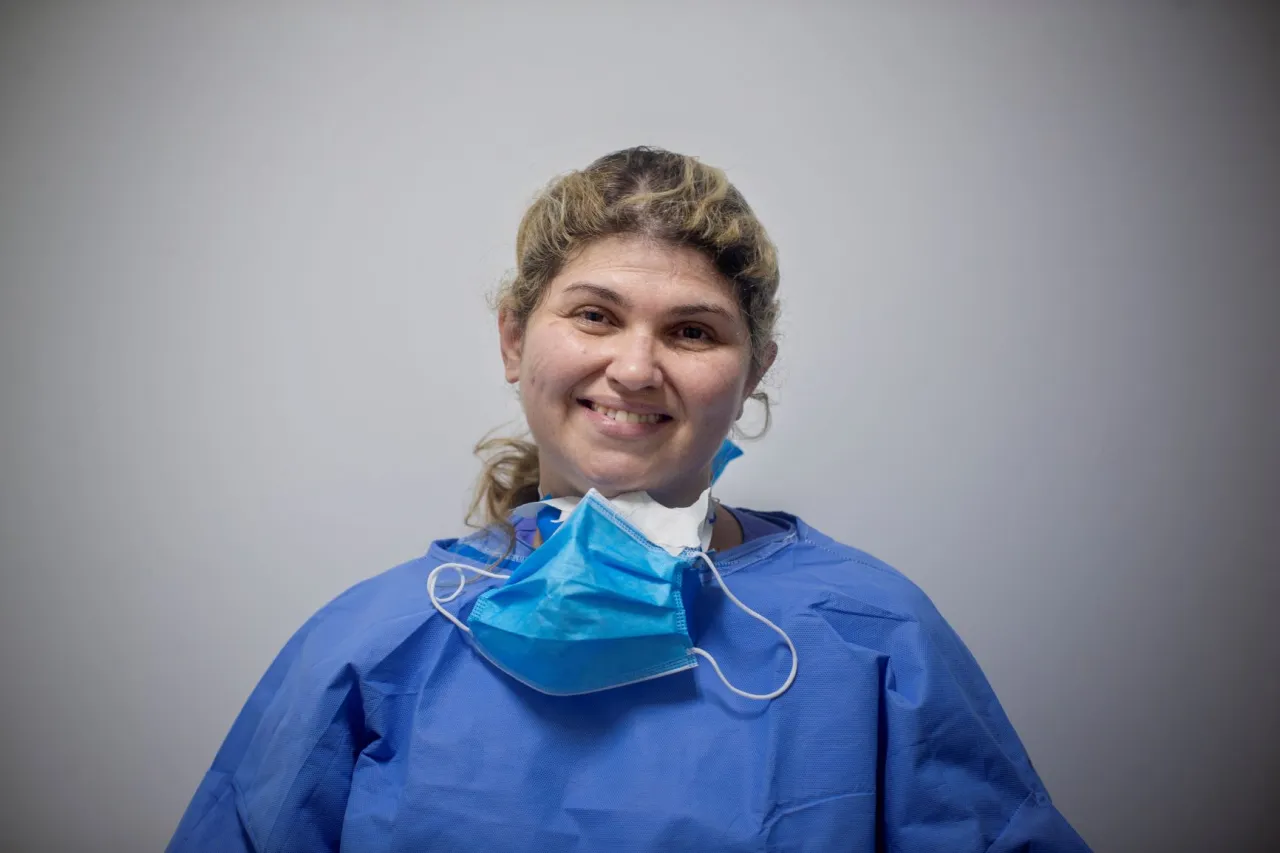
Elaine Correa
Elaine is a physical therapist in the intensive care unit of Moacyr do Carmo Hospital in Duque de Caxias. As a specialist in cardiorespiratory physical therapy and intensive care, she is on the front lines of the COVID-19 response.
She remembers how hard it was at the beginning of the pandemic, when we knew very little about the disease. But dedication triumphed over adversity. "Our team is committed to showing the patients that we care and we all have the same goal: making them better."
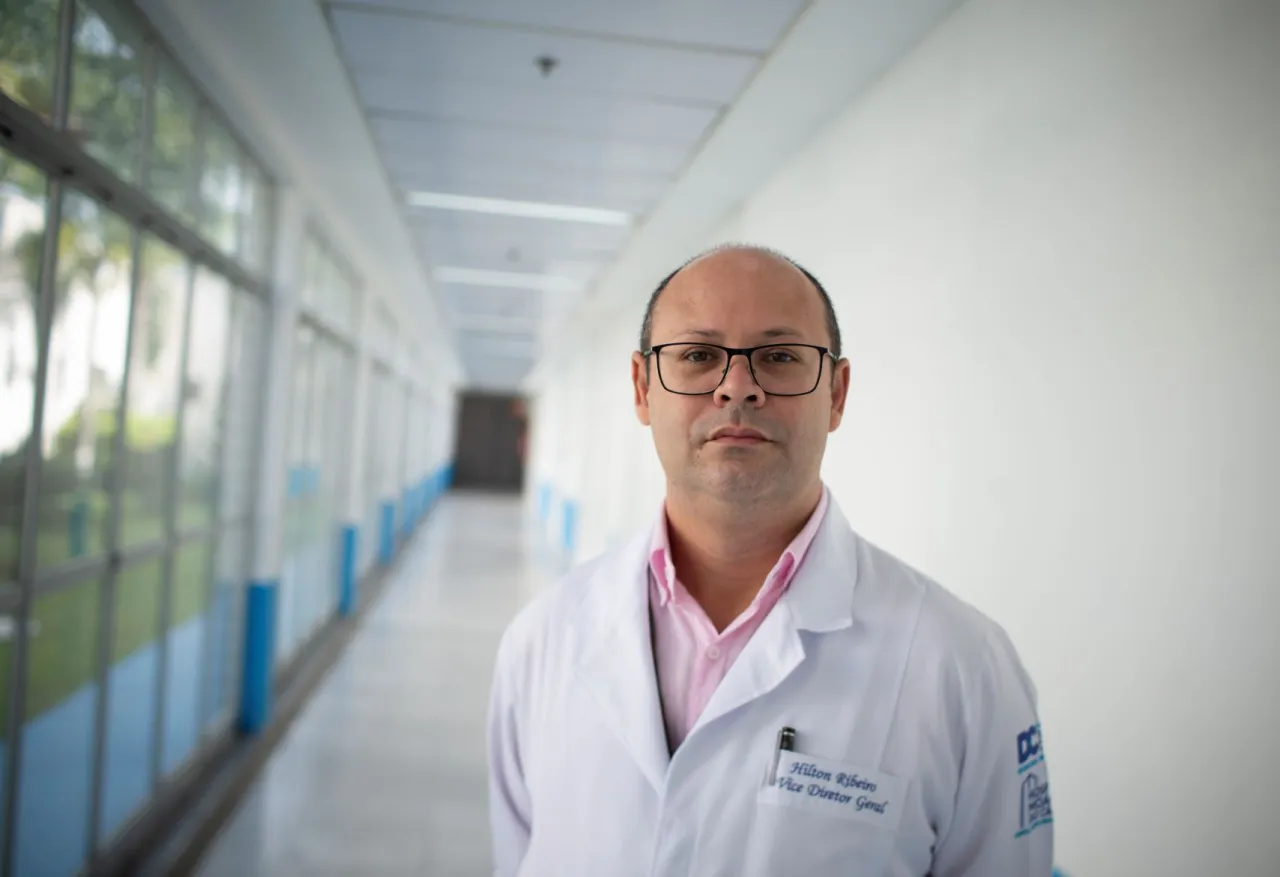
Dr Hilton Ribeiro
Dr Hilton Ribeiro is the deputy director of Moacyr do Carmo Hospital. For him, managing 350 inpatient beds during a pandemic has been a real challenge. Like all medical professionals, he has been on the front lines against COVID-19.
"We're scared too, but the knowledge that people need our help and our dedication to duty help us overcome it," he says. "At the end of the day we're exhausted, but we know we've done our duty because we're giving the always best of ourselves to the people who need it – the patients."
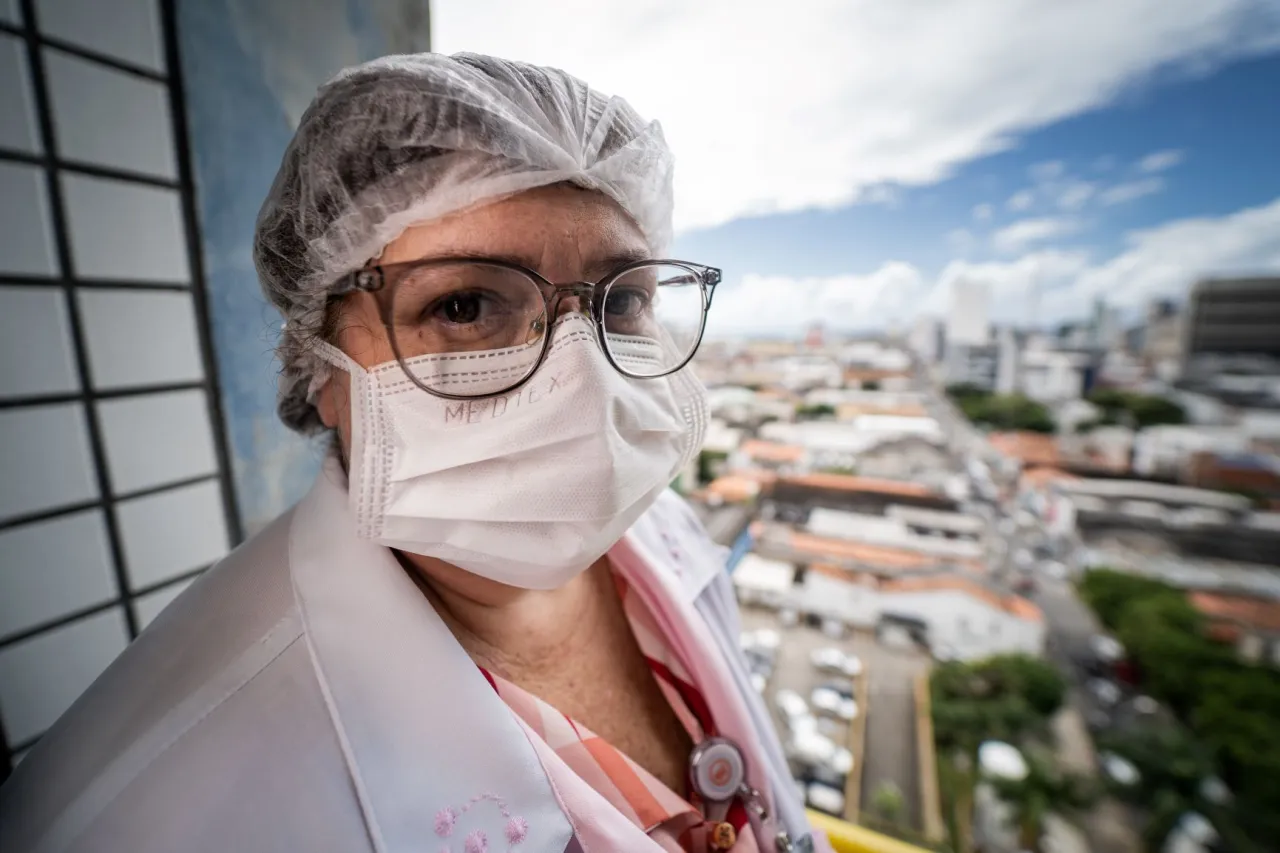
Ana Neri Dutra
For the first time in her 26 years as an intensive care nurse, the roles were reversed. Ana Neri Dutra e Silva was diagnosed with COVID-19 and became a patient at the Dr José Frota Institute in Fortaleza, where she had spent so many years caring for others. She was intubated for 12 days.
"It's not easy leading an intensive care unit in a pandemic. The biggest challenge is maintaining the human connection. Not only was I cared for by professionals I work with, I also got to see their dedication. Seeing myself in that condition, I started to analyse myself as a professional."
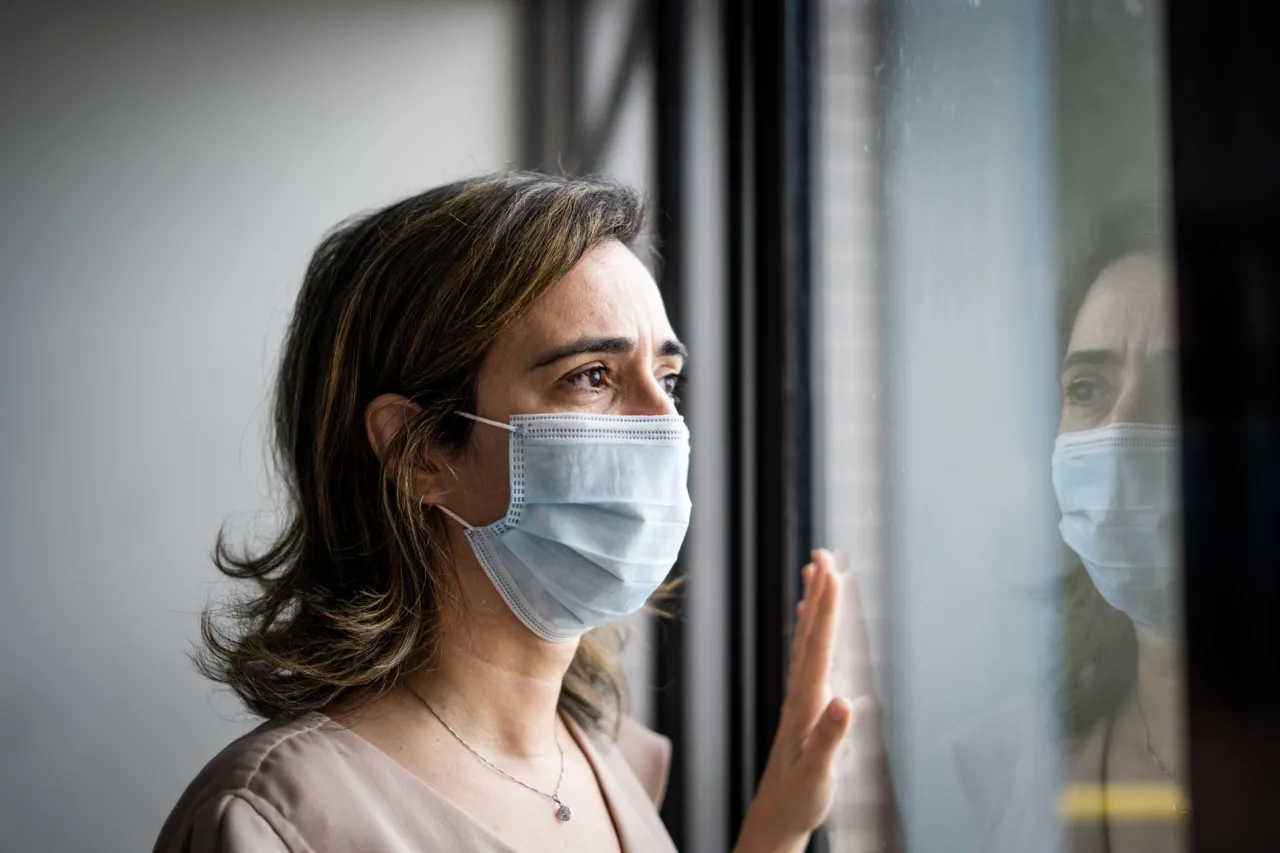
Sâmia Ribeiro
In addition to all the well-known physical side effects, COVID-19 also takes a toll on our mental health, arising from changes to our routines, to grief and the fear of being infected.
Sâmia Ribeiro, a psychologist who has been working at the Dr José Frota Institute for the past 14 years, says her priority has been on caring for the carers.
"Facing a new disease is deeply distressing for us as health professionals, and we can't even seek comfort from our loved ones."
But despite the adversity, Sâmia has faith in people's ability to adapt. "We've never missed other people so much, yet they've become a threat for us. We now see just how important it is for us emotionally to build solid relationships. We will retake control of our lives where we can because we need to give it new meaning. That is our ability to adapt."
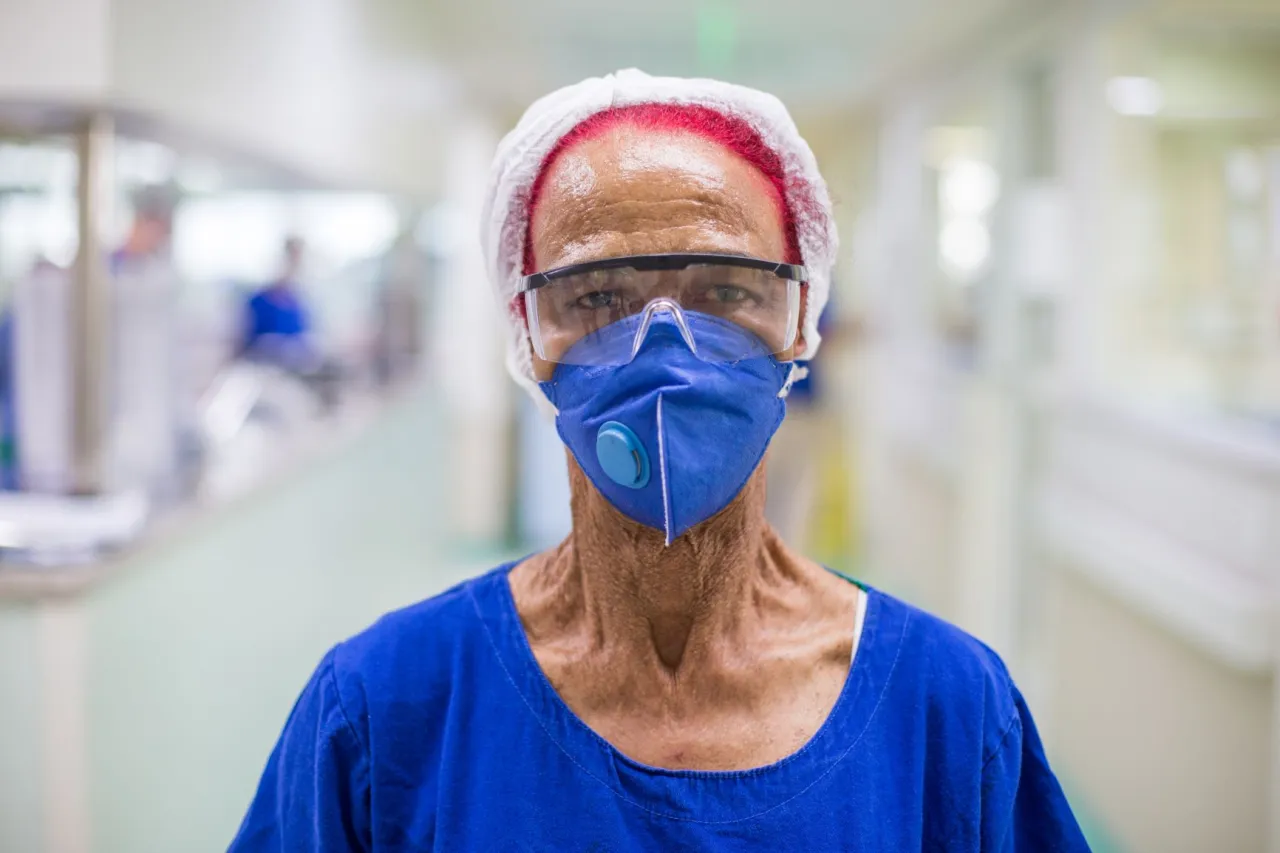
Irineia Aparecida Pacheco
Irineia Aparecida Pacheco has 18 years' experience in hospital infection prevention and control. She works 12-hour shifts and then has 36 hours off. "I've been at Emilio Ribas Hospital for five months, but I worked for other hospitals before that," she explains. "I know my job is important and I do it with love."
The COVID-19 pandemic puts extra pressure on all services related to health care. More personal protective equipment must be worn, and more complex procedures followed. "Before we disinfect each hospital room, we have to put on gloves, eye protection, face shields and gowns. Before, we'd just wear masks and gloves. Now we can't afford to forget anything."
You've got to be able to control your emotions. Irineia explains that she tries not to let the what happens at the hospital affect her, but that doesn't always work. "Some cases have really affected me. When you work here, you end up seeing everything."
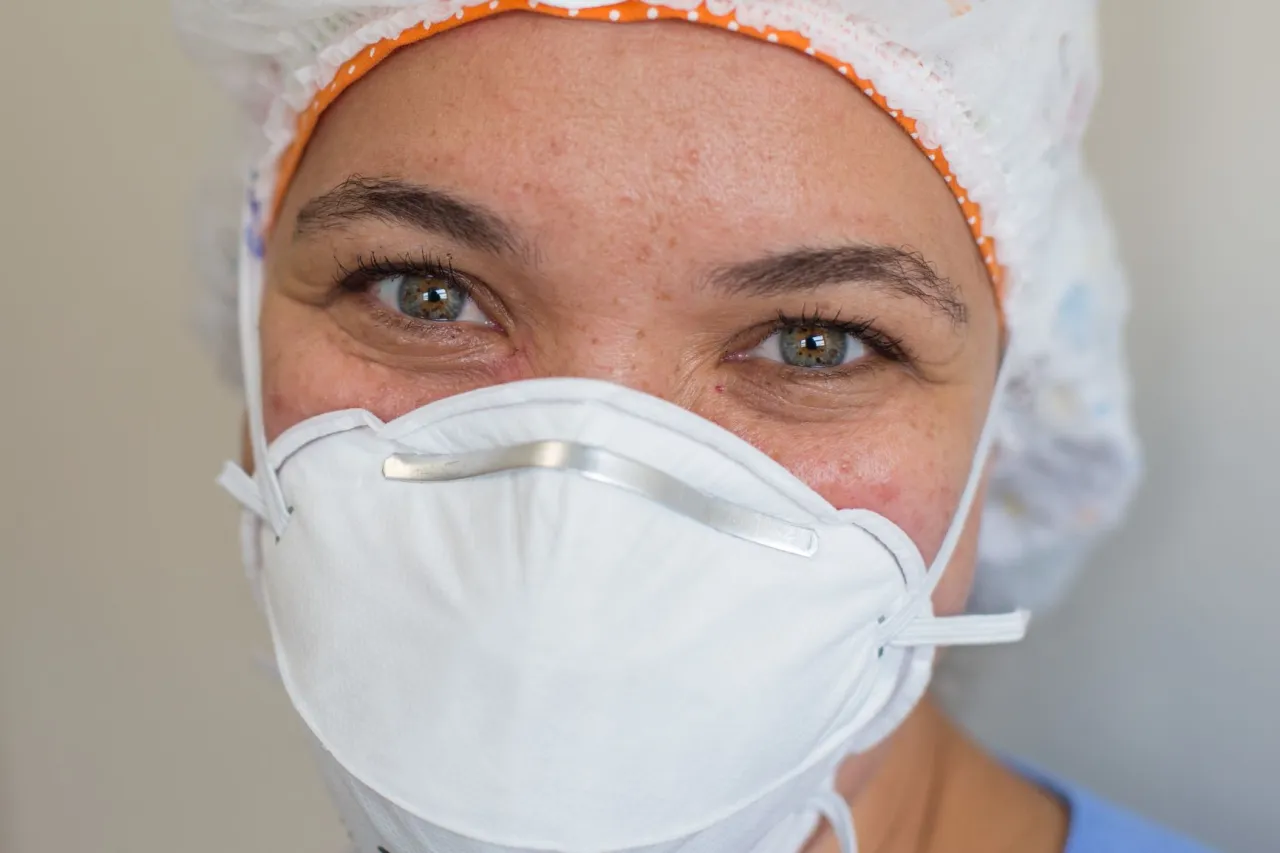
Cristiane Alves da Rocha
Cristiane Alves da Rocha has been a social worker for ten years, but this is the first time she's worked in health care. She came to the Brazilian Red Cross Hospital when it opened an intensive care unit.
The patients anxiously await her visit, and no wonder – it's one of the happiest moments of their days. She helps them talk with their families. "The patients are really lonely. I joke and try to cheer them up and encourage them," she explains. "It's part of their recovery."
But that's not all that's on her busy schedule "I work with a psychologist and another social worker. In addition to organizing the video calls, we contact the families, help with transfers and finding beds and a lot else besides."

